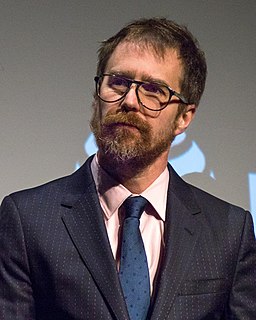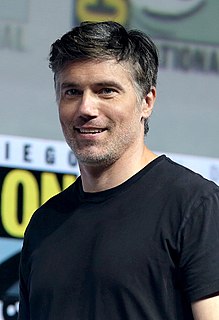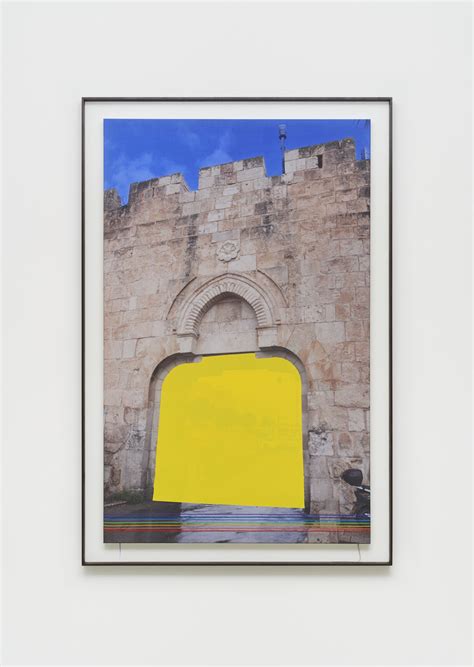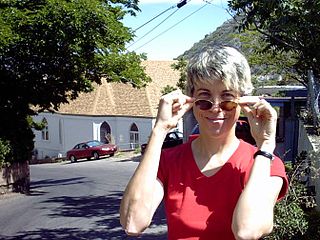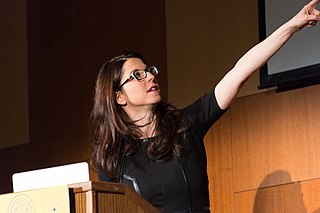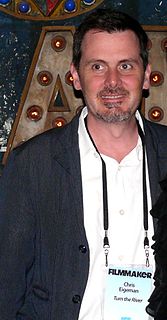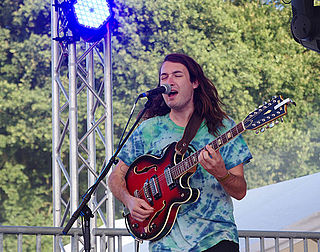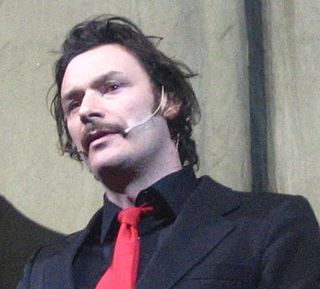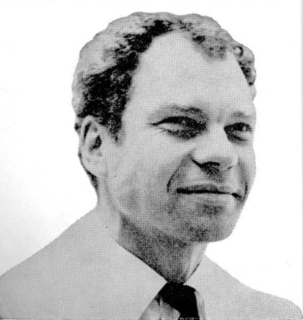A Quote by Sam Rockwell
I took a break after 'Confessions.' I was real picky. And then I suddenly realized I hadn't worked in a year. And I was sort of, like, not really happy. I think people are happier when they have structure, you know? You realize that as you get older. You have to have rituals and structure.
Related Quotes
I think photography is so hard. To be working in video and photography the past 20 years - because I was doing it in high school - you're dealing with mediums that change culture. The way they are distributed, disseminated - it's changed so dramatically. One of the things I always like to do is look at the structure of something and detach myself from the structure and figure out how to slightly alter it. So if the structure itself is constantly liquidated, it just really is difficult for me to really even know what to think of Instagram.
Here's what I think I'm having trouble with: this is what happiness is. When I was a kid, I thought I'd just get happier and happier as I got older, and have more things to be happy about. I based this theory on observation of select adults. The problem with my results is that I couldn't tell the difference then between happy and fake-happy. Now I know you pretend to be just frigging ecstatic over everything, maybe because you're so glad it's not worse.
It happens that there are a lot of people who are very talented who also happen to have a mental disorder. A lot of the mental disorders are initially things that are adaptive. Like even OCD, it's good to sort of have structure and have certain rituals but when it gets to be extreme then it becomes problematic.
People define gay cinema solely by content: if there are gay characters in it, it’s a gay film... Heterosexuality to me is a structure as much as it is a content. It is an imposed structure that goes along with the patriarchal, dominant structure that constrains and defines society. If homosexuality is the opposite or the counter-sexual activity to that, then what kind of a structure would it be?
I do think that women could make politics irrelevant; by a kind of spontaneous cooperative action the like of which we have never seen; which is so far from people’s ideas of state structure or viable social structure that it seems to them like total anarchy — when what it really is, is very subtle forms of interrelation that do not follow some heirarchal pattern which is fundamentally patriarchal. The opposite to patriarchy is not matriarchy but fraternity, yet I think it’s women who are going to have to break this spiral of power and find the trick of cooperation.
That kind of unease, that melancholy, is of course partly my interpretation, but partly, I think, it's something that's really there [in America] as well. It resonates with this moment and the sort of alienation from the power structure a lot of people feel, as well as a certain amount of desperation, in the hope of disrupting the power structure so they can live better lives. I think in those ways, it's intimately connected to today.
The story is told of Lord Kelvin, a famous Scotch physicist of the last century, that after he had given a lecture on atoms and molecules, one of his students came to him with the question, "Professor, what is your idea of the structure of the atom." "What," said Kelvin, "The structure of the atom? Why, don't you know, the very word 'atom' means the thing that can't be cut. How then can it have a structure?" "That," remarked the facetious young man, "shows the disadvantage of knowing Greek."
The music comes first, like, 99 percent of the time. I come up with the basic chord structure and the melody first and then I get really obsessed with arranging, adding, and subtracting parts. The last step of the process, for me, is finding words that fit into that structure and figuring out exactly what I want to talk about.
I came out to my parents as gay, and then I realized, you know, four or five years later, that I wasn't really happy, no relationships were working, and there was something missing in my life, and you know, I was doing drag, performing and stuff, and I realized through that arc that I was much happier doing that.
